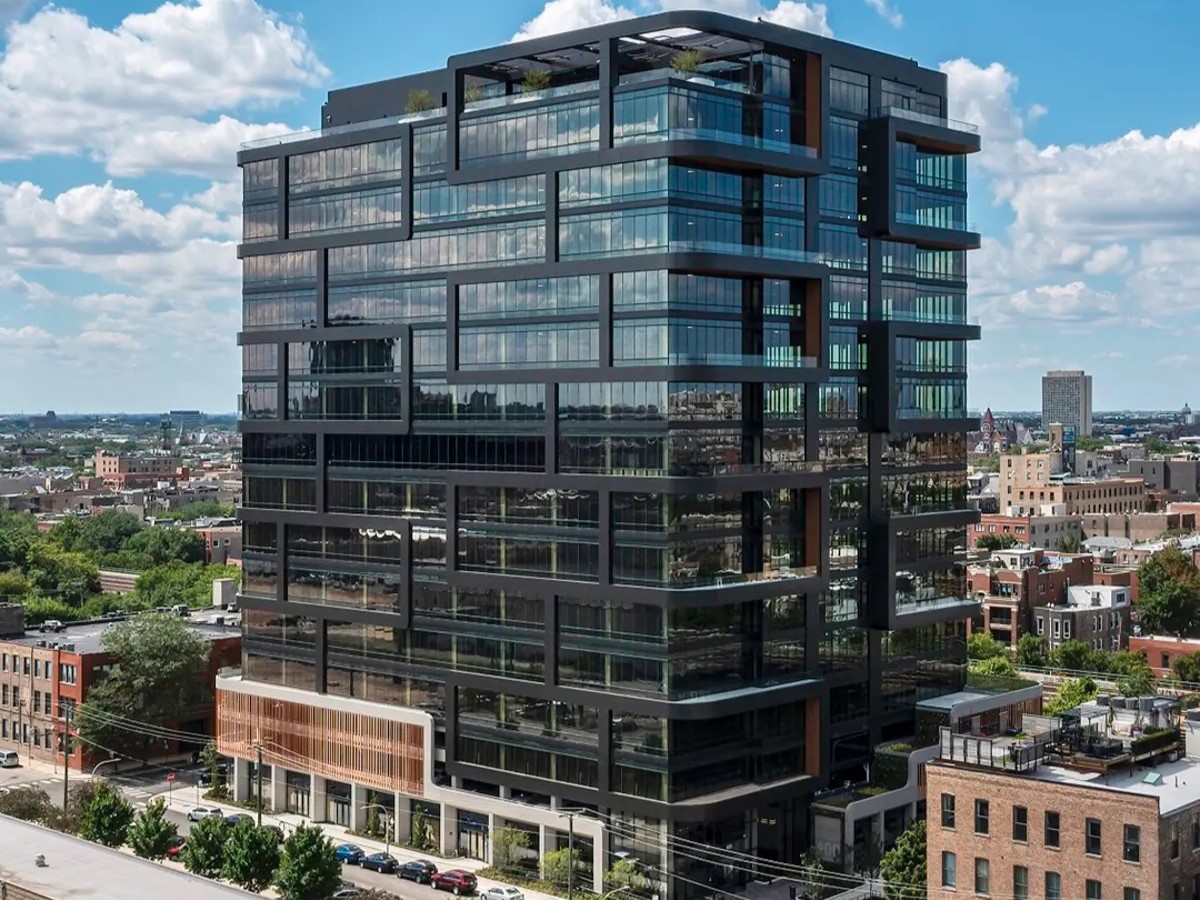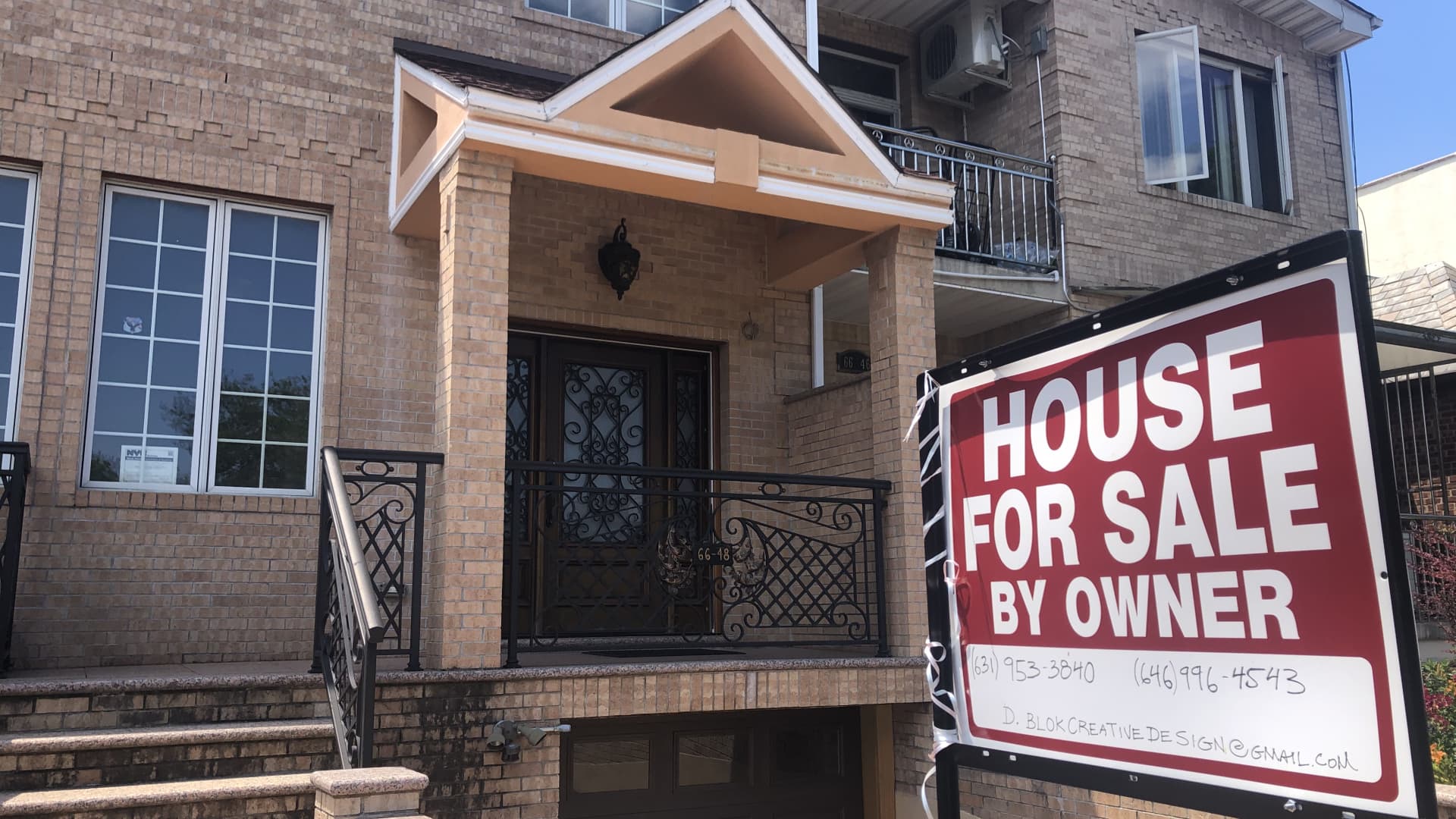Dave Burt, who made a fortune leading up to the Great Recession and later earned notoriety in the 2015 film “The Big Short,” is sounding the alarm about a growing threat to housing prices: flood risk.
In these times, double down — on your skills, on your knowledge, on you. Join us Aug. 8-10 at Inman Connect Las Vegas to lean into the shift and learn from the best. Get your ticket now for the best price.
An investor who correctly predicted the 2008 financial crisis sees another overlooked threat on the horizon.
Dave Burt, CEO of investment research company DeltaTerra Capital and one of the protagonists of The Big Short was one of the few skeptics who warned of the subprime mortgage crisis that launched the U.S. into its biggest economic crisis since the Great Depression. Burt bet against the mortgage market and made millions.
Now, he’s sounding the alarm about a growing threat to housing prices: flood risk.
Burt told CNBC this week that mortgage lenders are overestimating the value of many homes because they have failed to take into account the increasing risk of flooding due to climate change.
“Ultimately, until people have good information about what these climate-related costs are going to look like, we’re creating new problems every day,” Burt said.
If things don’t change quickly, another 2008-level price correction could be on the horizon he warned.
Burt suggested that climate-crisis related increases in flooding could significantly decrease the value of homes, which could in turn prevent some mortgage borrowers from being able to pay off their loans. And that means the funds those loans represent could end up lost.
It’s not the first warning Burt has issued. In April, Burt theorized that the United States housing market is overvalued by about 20 percent due to climate risk — meaning the market could be worth up to $200 billion less than current estimates.
Real life examples of this are playing out in Florida. In the wake of Hurricane Ian, which hit the Gulf Coast in September of 2022, Burt’s company released an analysis to investors that predicted home values could fall by as much as 50 percent in especially flood-prone parts of the state.
Hurricane Ian ended up causing $113 billion in damages, ranking as the third most costly hurricane in U.S. history. Ian was also part of a greater trend in which climate change has intensified natural disasters, leading to more property damage and greater expenses for repairs and mitigation. The intensifying nature of these incidents is causing insurers to pull out of disaster-prone states such as Florida, California and Louisiana.
Insurers that aren’t pulling out are raising rates dramatically for residents of weather-worn states. One coastal ZIP code in Florida is expected to see a premium increase of 342 percent on average this year according to a FEMA estimate.
While Burt has been warning of climate change’s threat to the housing market, he’s not the only figure who made a name during the 2008 crisis and who has recently warned of choppy waters ahead for a market already marked by high mortgage rates and bank failures.
Jerry Grantham, the investor who made his name predicting the dot com crash of 2000 and the 2008 financial crisis recently warned of another “ominous” bubble forming in the stock market. The stock market has dropped over 15 percent since the start of 2023 as the Federal Reserve wages war on inflation.
As the bubble deflates, a significant economic downturn is all but inevitable, Grantham told CNN in a recent interview.
More generally, Tesla CEO Elon Musk also recently predicted a housing “meltdown” and JPMorgan Chase CEO Jamie Dimon suggested banks with exposure to commercial real estate could be in for a rough ride. Together with the warnings from Burt and Grantham, the comments suggest a high degree of trepidation about real estate in some circles.
Email Ben Verde
















